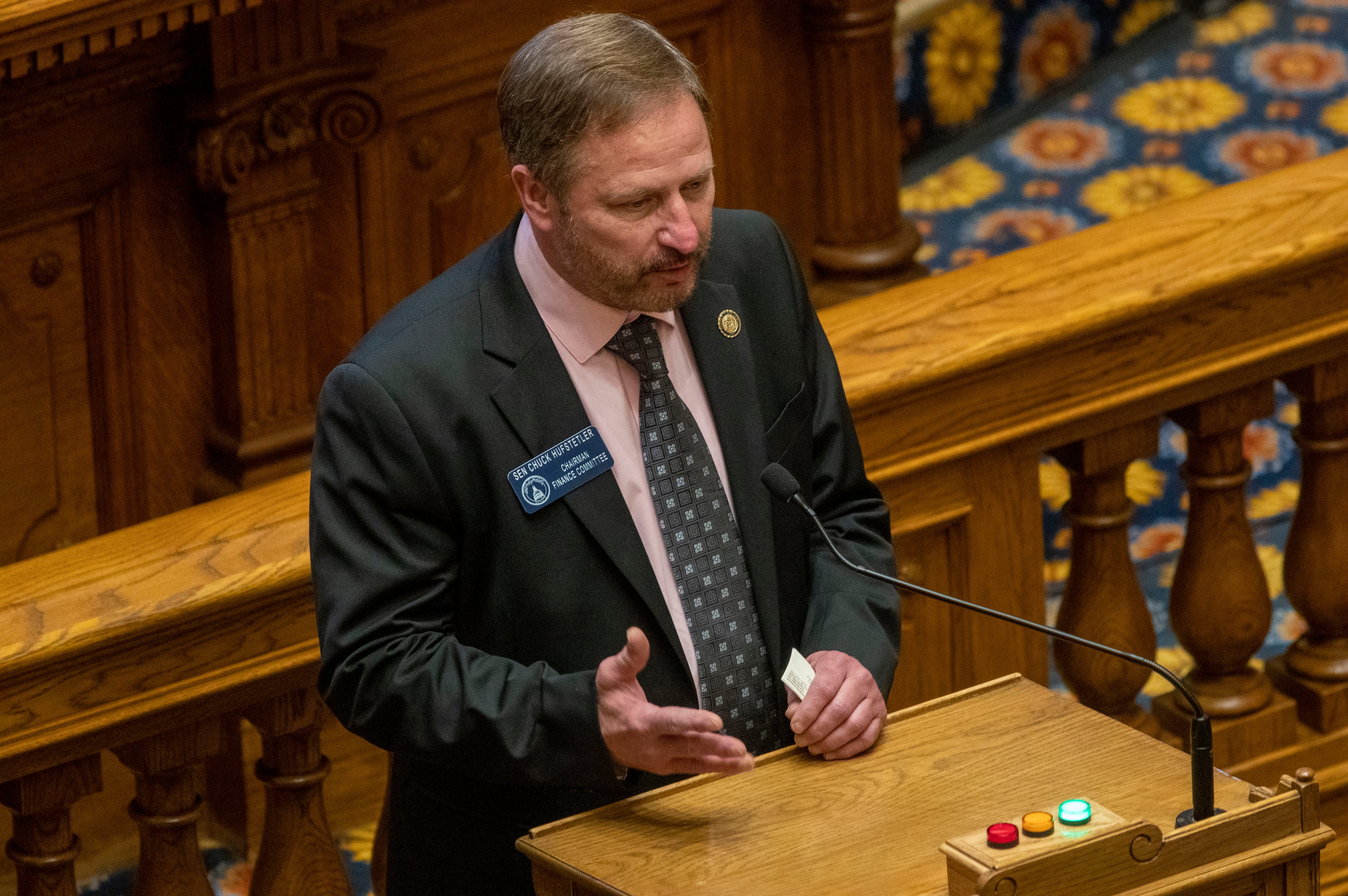College police departments following body-camera trend
The use of personal body cameras among public safety departments varies among institutions in Georgia’s public university system.
Have body cameras deployed:
Abraham Baldwin Agricultural College
Armstrong State University
Atlanta Metropolitan State College
Augusta University
Bainbridge State College
College of Coastal Georgia
Columbus State University
Darton State College
Fort Valley State University
Georgia College and State University
Georgia Southern University
Kennesaw State University
Middle Georgia State University
University of Georgia
University of North Georgia
In process of deploying body cameras:
Dalton State College
Georgia State University
Gordon State College
University of West Georgia
Valdosta State University
Do not have body cameras:
Albany State University
Clayton State University
East Georgia State College
Georgia Gwinnett College
Georgia Highlands College
Georgia Perimeter College
Georgia Southwestern State University
Georgia Tech
Savannah State University
South Georgia State College
When Georgia Southern University rolled out body cameras for its 34 patrol officers earlier this month, it joined a growing number of colleges and universities across the country using them.
“We recognized a couple of years ago the advantages of having video cameras for both the benefit of the community and law enforcement officers,” said Laura McCullough, Georgia Southern’s interim police chief.
The school also outfitted four of its patrol cars with video equipment, paying for the $80,000 of equipment with a grant and campus year-end funds.
With current events and the social climate as it is today, McCullough said, “it is even more important that we do all we can to continue to be as open and transparent as possible.”
The cameras, both in officers’ vehicles and on their bodies, have become common among public safety officials, providing critical footage of interactions between police and citizens, and colleges are simply following that trend, said Bill Taylor, board president of the International Association of College Law Enforcement Administrators and police chief at San Jacinto College in Pasadena, Texas.
Several of Georgia’s public colleges use body cameras, including large schools like the University of Georgia, Kennesaw State and Georgia Southern, but also smaller schools such as Bainbridge State College and the College of Coastal Georgia, according to the state’s University System.
“Officers on campuses deal with the same kinds of things as officers in jurisdictions outside campuses, Taylor said. “The body cameras are most often used after the fact for determining why an officer took the action they took.”
Body-camera footage was used to indict a University of Cincinnati officer who shot a motorist during a routine traffic stop in July. Since Georgia Southern has deployed its body cameras, McCullough said, the school has been able to determine that a complaint against an officer during a traffic stop was unsubstantiated based on video from the officer's camera.
But while some colleges have deployed the cameras, others don’t see the need, Taylor said. The costs of video storage can be expensive, and it requires states and colleges to develop open-records policies involving the video footage.
Clayton State has chosen not to use the cameras, said Bobby Hamil, public safety director at Clayton State University. This week the school was included on a list of safest colleges by online college selection site BestColleges.com, which Hamil attributes to his officers’ professionalism and visibility on campus.
Clayton State’s police force of 18 sworn officers also does not use Tasers.
“We’ve given (body cameras) considerable thought,” Hamil said, “but we haven’t had any incidents where I can say, ‘gosh, I wish I had a body camera on an officer,’ or where a body camera would have benefited us.”



